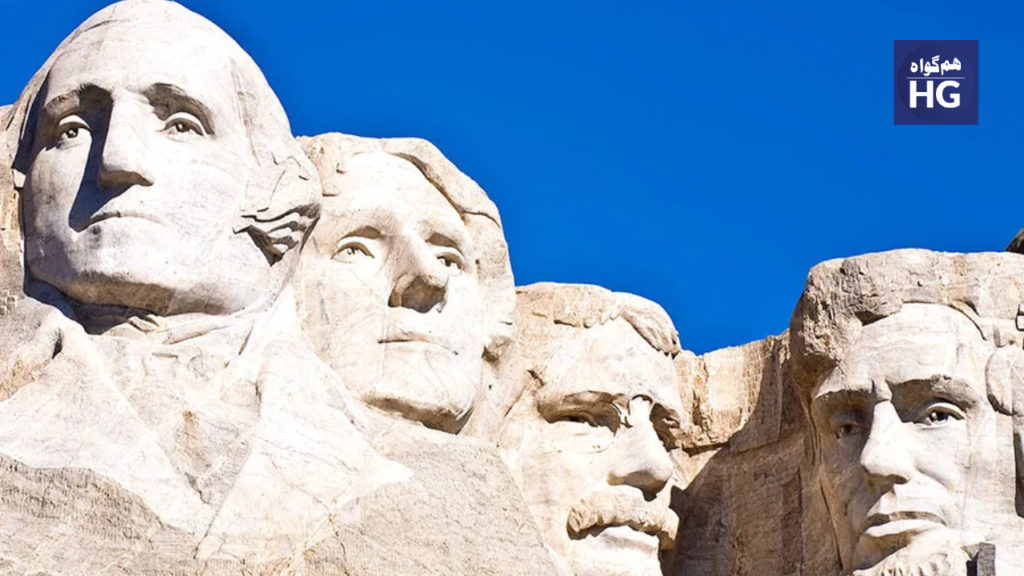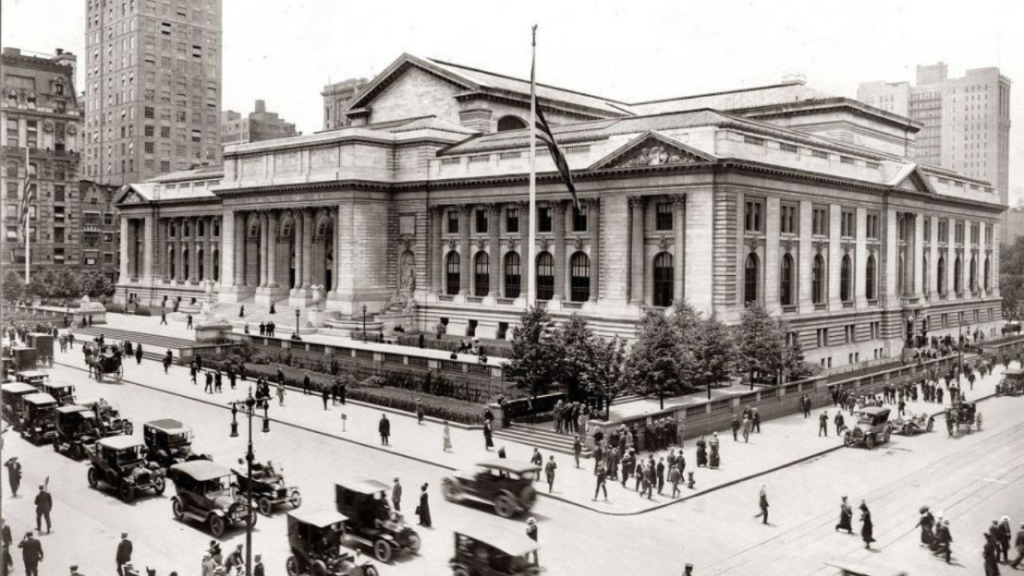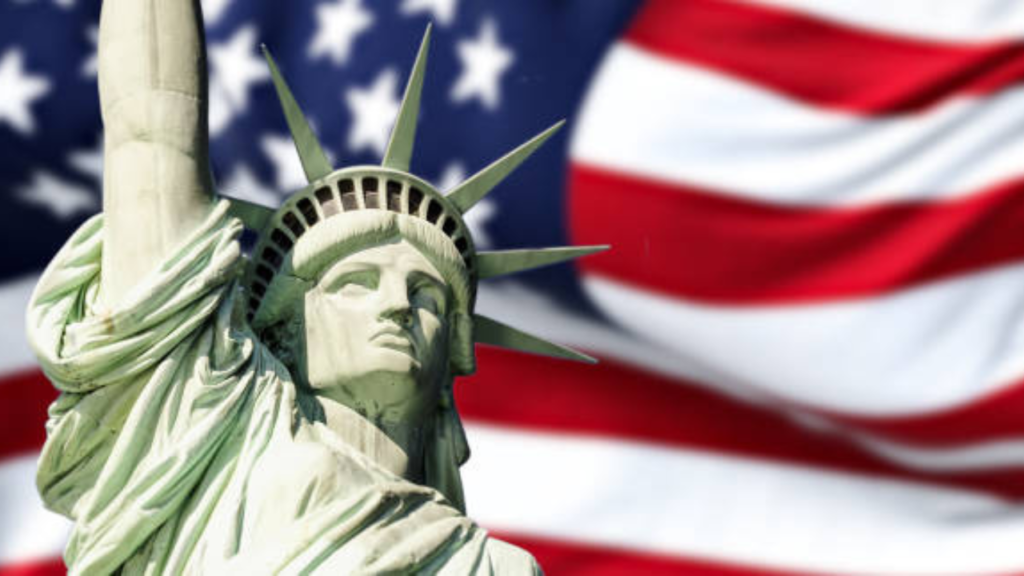A Brief History of the United States
The history of the United States is a rich tapestry woven from the stories of its diverse peoples, significant events, and transformative ideas. From its indigenous roots to its emergence as a global power, the US has undergone profound changes.

Indigenous Peoples and Early Settlements
Long before European explorers arrived, the land now known as the United States was inhabited by diverse Native American tribes, each with its own unique culture, language, and social structures. These indigenous peoples lived sustainably on the land, developing complex societies.
In the late 15th century, European explorers, including Christopher Columbus in 1492, began to arrive. The Spanish, French, and British established colonies, often leading to conflicts with Native Americans and among European powers.

Colonial America
The 17th and 18th centuries saw the establishment of thirteen British colonies along the Atlantic coast. These colonies developed their own identities, influenced by European ideas of governance and individual rights. However, growing discontent with British rule, particularly over taxation without representation, laid the groundwork for revolution.
The American Revolution
In 1775, tensions erupted into war as colonists sought independence from Britain. The Declaration of Independence in 1776, authored by Thomas Jefferson, articulated the colonies’ desire for self governance. The war concluded in 1783 with the Treaty of Paris, and the United States emerged as an independent nation.

Forming a New Nation
The Constitution was ratified in 1788, establishing the framework for the U.S. government. The Bill of Rights, added in 1791, guaranteed fundamental freedoms. Leaders like George Washington, Thomas Jefferson, and Alexander Hamilton played pivotal roles in shaping the new nation.
City Traffic Police Rawalpindi released traffic plan regarding Shanghai Cooperation Conference
Expansion and Conflict
The 19th century was marked by westward expansion, driven by the belief in Manifest Destiny. This expansion often came at the expense of Native American lands and cultures. The Louisiana Purchase in 1803 and the annexation of Texas exemplified this growth, but it also led to tensions over slavery.
The Civil War and Reconstruction
Disputes over slavery culminated in the Civil War (1861-1865), a devastating conflict that sought to preserve the Union and end slavery. The war concluded with the Union’s victory and the passage of the 13th, 14th, and 15th Amendments, aimed at ensuring rights for formerly enslaved people.
Reconstruction (1865-1877) attempted to integrate the Southern states back into the Union, but it faced significant resistance, leading to systemic racism and the establishment of Jim Crow laws.

The 20th Century: Wars and Social Change
The U.S. emerged as a global power through participation in World War I and World War II. The post-war era brought economic prosperity, civil rights movements, and cultural shifts. Key figures like Martin Luther King Jr. and events like the Civil Rights Act of 1964 transformed American society.
Recent History
The late 20th and early 21st centuries have seen significant technological advancements and ongoing social challenges, including debates over immigration, healthcare, and climate change. The events of September 11, 2001, reshaped U.S. foreign and domestic policies, leading to a focus on security and counterterrorism.
Conclusion
The history of the United States is one of resilience, innovation, and complexity. As the nation continues to evolve, understanding its past remains crucial to navigating its future.







